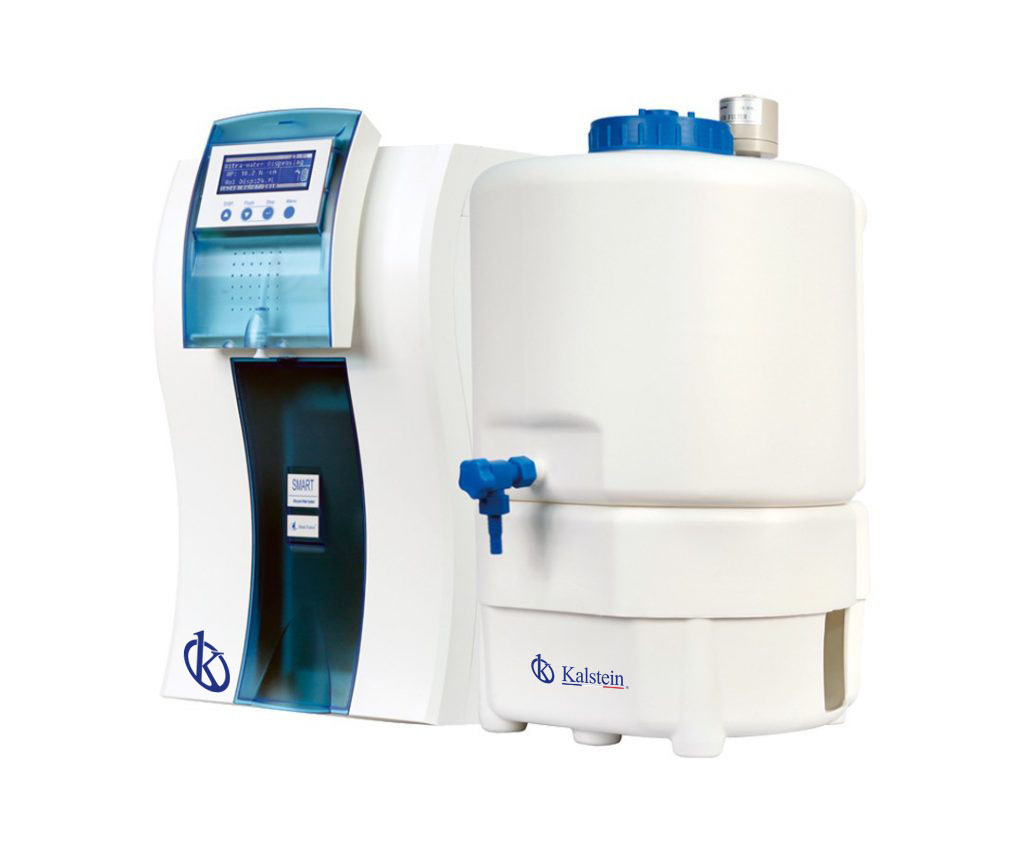Water is a universal solvent and an essential component in countless laboratory processes. However, the water we use naturally is loaded with impurities that can affect the efficiency and accuracy of experimental procedures. These impurities include minerals, suspended particles, dissolved gases, bacteria and even organic compounds. Water Purification Systems have emerged as an innovative solution to remove these undesirable elements.
Laboratory Water Purification Systems
There are several types of water purification systems, but they all have a common goal: to produce pure water suitable for the specific application required. Depending on the unit, these systems may use methods such as distillation, electrodialysis, deionization, activated carbon filtration, membrane filtration, and reverse osmosis. Some systems combine several of these technologies to ensure the removal of various types of impurities.
Reverse osmosis is a widely used process in these systems. What it does is force water through a semi-permeable membrane, separating it from impurities. Deionization is another strategy employed, which removes ions by passing water through beds of ion exchange resins. These resins attract and retain the ionic impurities, releasing hydrogen and hydroxyl ions in their place.
The Importance of Laboratory Water Purification Systems
The use of pure water significantly improves the quality and accuracy of laboratory experimental results. For example, the presence of undesirable components in water can affect the results of pH tests, as these components can alter the hydrogen concentration.
Water purification is also essential for high-performance microscopes. Traces of salts and other components can damage the delicate lenses of these devices, compromising image quality.
In addition, in biotechnology and microbiology, the presence of microorganisms or other biological components in water can interfere with cell culture experiments and enzymatic reactions, causing invalid results.
What Kalstein has for you
Laboratory water purification systems are essential for accurate, reliable and reproducible research results. They ensure that water used in experiments is free of undesirable components that can interfere with laboratory procedures and measurements. With the rapid advancement of scientific technologies, the demand for these water purification systems will continue to grow, further improving the accuracy and efficiency of research work.
If you want to buy a Kalstein system, we as a manufacturer can offer you the best on the market at the best price, check them out HERE.

